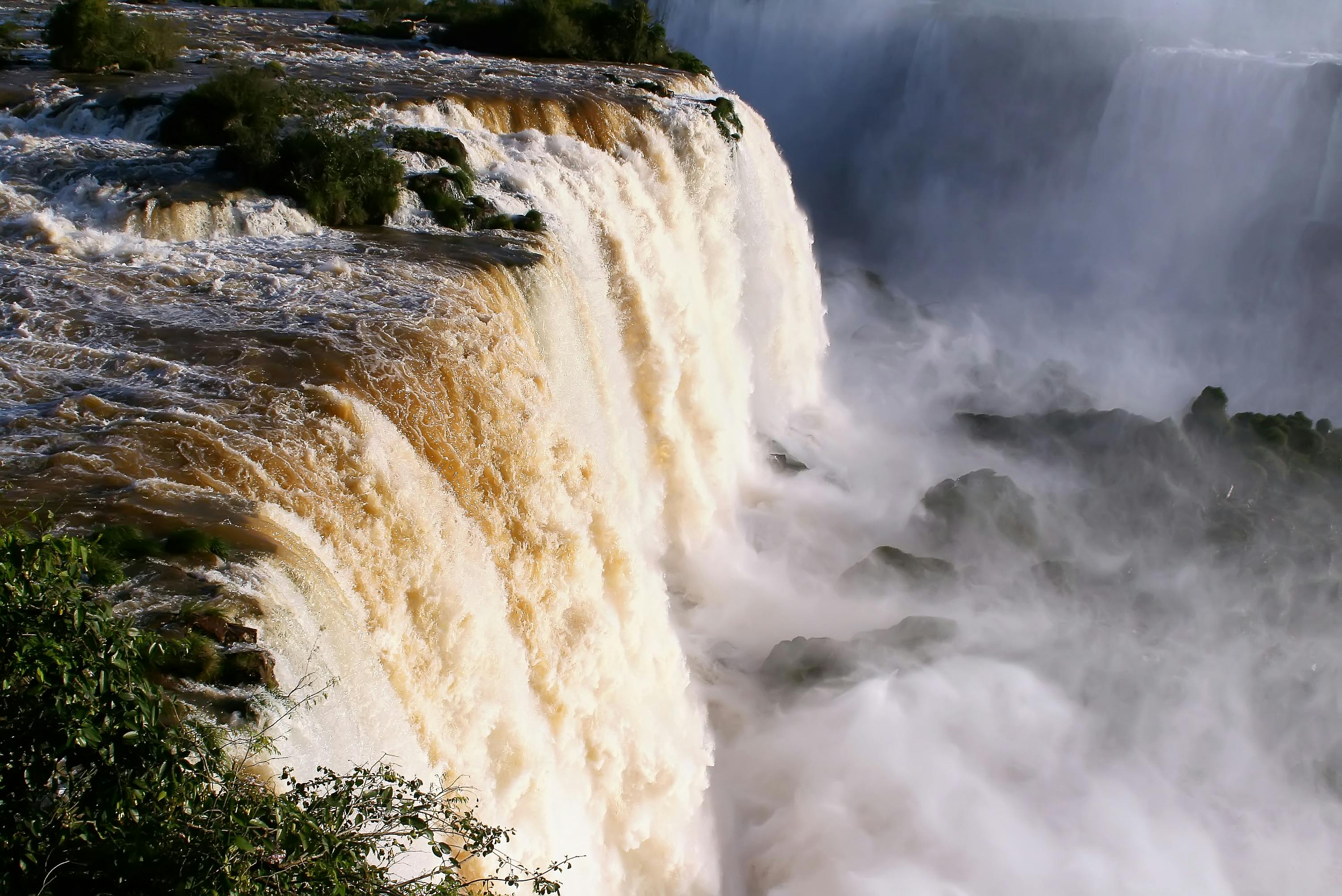Do all humidifiers use distilled water? This is a common question for people who are considering buying a humidifier or already own one. The answer is not as straightforward as one might think. While distilled water is the best option for use in humidifiers, depending on the type of humidifier, other types of water may be acceptable. In this article, we will discuss the different types of water that can be used in humidifiers and why distilled water is often seen as the best choice.Distilled water is water that has been purified by the process of distillation. This process involves boiling the water and then condensing the steam back into a liquid, leaving behind contaminants and minerals. Distilled water is often used to make beverages and in medical settings, as it is free of impurities.
How Does a Humidifier Work?
Humidifiers are devices used to increase the humidity, or the amount of water vapor, in the air. They come in many different varieties, such as cool mist or warm mist humidifiers, and can be used for a variety of purposes. The most common use for humidifiers is to restore moisture to dry indoor air in order to improve breathing and protect furniture from cracking and splitting. But how do humidifiers work?
The basic principle behind all types of humidifiers is simple. The device pulls in dry air from the room and passes it through a reservoir of water. This water evaporates into the air stream, adding moisture as it passes through. The now-moistened air is then discharged back into the room, raising the humidity level in the space.
The type of humidifier you choose will depend on your needs and preferences. Cool mist humidifiers use an internal fan to disperse a fine mist of water droplets into the air, while warm mist humidifiers boil water then release its steam into the room. Both types work by adding moisture to the indoor environment,
What Type of Water Should Be Used in a Humidifier?
When using a humidifier, it is important to use the right type of water to ensure proper functioning of the device. Depending on the type of humidifier you have, you may need to use either distilled or demineralized water.
Distilled or demineralized water is recommended for most humidifiers as it does not contain minerals that can build up inside the device and cause damage. If your humidifier has a filter, then you can use tap water as long as you change the filter regularly.
Using hard water in your humidifier can reduce its effectiveness as well as damage it over time. The minerals in hard water will build up inside the device and make it less efficient. It can also lead to bacterial growth and make your home more susceptible to mold and mildew growth.
When filling your humidifier, it is important to make sure that you are using clean water free from contaminants such as bacteria and other toxins. If you are using distilled or demineralized water, then there should be no need for further treatment before adding it to your humidifier. <
Using Distilled Water in a Humidifier
Humidifiers are often used to help increase the humidity of the air in a home, office, or other indoor environment. Using distilled water in a humidifier can be beneficial for several reasons. Distilled water is free of minerals and other contaminants that can build up over time and clog the internal components of the humidifier. This can cause it to work less efficiently and may even require more maintenance. Additionally, using distilled water can help reduce the risk of bacteria, fungi, and other microorganisms from forming on the inside of the humidifier.
Another benefit to using distilled water in a humidifier is that it will not leave behind any residue or deposits when evaporated into the air. This helps keep your home or office environment cleaner and more hygienic than if regular tap water was used. It also means that you won’t have to worry about cleaning out mineral deposits from your appliance regularly. Finally, using distilled water in a humidifier can help reduce unpleasant odors as well as dust in the air, making it easier to breathe.
The Risks of Using Tap Water in a Humidifier
Using tap water in a humidifier can be a convenient and cost-effective way to add moisture to the air. However, there are several risks associated with this practice. Tap water contains various minerals that can build up and cause scaling on the interior surfaces of the humidifier. These deposits can restrict airflow, reduce efficiency, and potentially lead to mold growth. Additionally, tap water may contain chlorine, which can be released into the air as a gas when heated. Furthermore, if the tap water contains bacteria or other contaminants, they could also be released into the air when vaporized. This could be hazardous to your health as you breathe in these particles. To avoid these risks, it is recommended to use distilled or purified water in your humidifier instead of tap water.

How Often Should You Change the Water in Your Humidifier?
Maintaining your humidifier is essential for keeping it running properly and ensuring a healthy home environment. One important part of this maintenance is regularly changing the water in the humidifier. Depending on the type of humidifier you have and how often you use it, this should be done anywhere from once a week to every few months.
For cool mist humidifiers, it’s important to replace the water after each use. This helps eliminate any bacteria or minerals that may have built up in the tank over time. If you’re using this type of humidifier frequently, you may want to consider changing the water twice a week or more often if needed.
If you’re using a warm mist humidifier, you should change out the water at least once a week. Warm mist humidifiers can produce bacteria and minerals faster than cool mist models, so regular maintenance is key to keeping your air pure and clean.
It’s also important to clean your humidifier on a regular basis — at least once every two weeks — even if you’re changing out the water more frequently. This helps keep mold and
Signs You Need to Change Your Humidifier’s Water
It is important to regularly change the water in your humidifier to keep it running efficiently and maintain a healthy indoor air environment. There are several signs that indicate when you should change the water in your humidifier. If you notice any of these signs, it is time to replace the water in your humidifier.
One of the most obvious signs that it is time to change the water in your humidifier is when the water has a bad odor or taste. If you notice a musty or sour smell coming from the humidifier, this indicates that bacteria has started to grow in the reservoir. Bacteria can also cause discoloration of the water, so if you notice any unusual colors, it’s time for a new batch of water.
If you find that your humidifier is not producing as much mist as usual or is having difficulty dispersing mist into the air, this could be a sign that there is too much mineral buildup in the reservoir. Over time, minerals can become concentrated in humidifiers and result in clogs and buildups which reduce its efficiency. Changing out the water will help
Cleaning Your Humidifier
Cleaning your humidifier is essential for keeping it in good working order and maintaining your indoor air quality. You should clean your humidifier on a regular basis, at least once every two weeks. To ensure the best performance, you should follow the manufacturer’s instructions for cleaning and maintenance. First, unplug the humidifier and empty any remaining water from the tank. Using a mild detergent, scrub all interior surfaces of the tank with a soft cloth or sponge. Rinse thoroughly with warm water to remove any residue. After cleaning, use a cotton swab or pipe cleaner to clean out the vents and other small areas of the humidifier that are difficult to reach.
Sanitizing Your Humidifier
Sanitizing your humidifier is also essential for keeping it in good working order and maintaining your indoor air quality. You should sanitize your humidifier on a regular basis, at least once every two weeks. To ensure that you are eliminating harmful bacteria, you should follow the manufacturer’s instructions for sanitizing your unit. Most manufacturers recommend using an approved

Conclusion
It is important to understand the difference between humidifiers and vaporizers and the types of water they use. While vaporizers can safely use tap water, humidifiers should only be used with distilled water. Tap water contains many minerals that will settle out of solution and clog the filter of a humidifier, reducing its effectiveness. Distilled water is free from these minerals and will not cause any damage to your unit.
Humidifiers are an important tool for achieving optimal humidity levels in your home, but using the wrong type of water can lead to significant damage. Always make sure you are using distilled water when filling your humidifier to ensure it works correctly and lasts longer.

